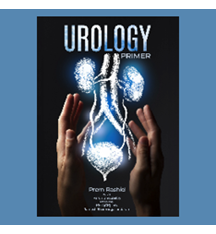2023 | Volume 24 | Issue 2
Planned care back on the political map
Author: Professor Spencer Beasley
RACS in Aotearoa New Zealand (AoNZ) hosted a webinar to celebrate International Women’s Day on 8 March.
The breakfast Zoom, organised by general surgeon and former member of the Women in Surgery committee Dr Jane Strang, provided a unique opportunity for Fellows of RACS, on this occasion mostly women, to gain direct access to the Minister of Health.
Hon Dr Ayesha Verrall, who took over the ministerial role in February, was this year’s guest speaker. She gave an overview of some of the challenges her government faces around supporting the failing health system and outlined her plans to prioritise several initiatives, including improving planned care (also known as elective surgery) surgical services. She made clear that the solutions will not be easy and may take some time.
She then invited questions. Our president, Dr Sally Langley, asked the first—she described some of the difficulties surgeons were having trying to provide planned surgery in Christchurch. She said there is a chronic and worsening shortage of anaesthetic technicians as well other impediments.
Subsequent questions from other surgeons raised the issues around:
• shortcomings in the provision of elective surgery elsewhere
• increasing inequities for patients who don’t have the option of private care
• lack of action supporting surgical training, especially in provincial hospitals
• inadequate number of medical students and the consequences on the medical workforce
• implications of an ageing surgical workforce with a shortfall in new surgeons coming through training
• increase in health spending not filtering into surgery to enable adequate staffing of many surgical specialties or leading to any increase in planned surgery.
The minister seemed genuinely surprised to learn that the concerns raised by RACS have not been acknowledged by previous ministers or the Ministry of Health, and there was not a forum or means by which matters surgical could be heard by government. She seemed keen to correct this and plans to set up regular meetings with surgical leaders from RACS.
This represents an excellent outcome from the webinar. What might have been simply an acknowledgement of the already substantial contribution of women to surgery in Aotearoa ended up being a major achievement in improving surgical access to government. Well done!

